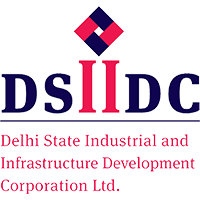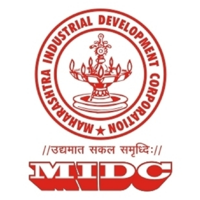Register Your Company Under Vendor Development Program NOW!
We connect
Buyers & Sellers
SME is India's largest online B2B marketplace, connecting buyers with suppliers.

Trusted Platform

Safe & Secure

Quick Assistance


Connect with
verified sellers
Tell us your requirement & let our experts find
verified sellers for you

Sell on
SME for free
Reach out to more than 4 crore buyers.
Sell with us

Tally on
Mobile
With Live Keeping, SME's can now connect their Tally offline data to mobile app
Features Companies
OUR FEATURED PARTNERS
A trusted partner empowering small and medium enterprises with expert consultancy, financial solutions, and business growth strategies. Their commitment to excellence makes them a valuable ally in driving sustainable success for emerging businesses.With years of experience and a deep understanding of SME challenges, SME Business Services Ltd. offers tailored solutions that help businesses streamline operations, access funding, and stay compliant with regulations.
-

Punjab Infotech
-

Delhi State Industrial and Infrastructure Development Corporation Ltd.
-

Maharashtra Industrial Development Corporation
-

Madhya Pradesh Laghu Udyog Nigam Ltd.







































































